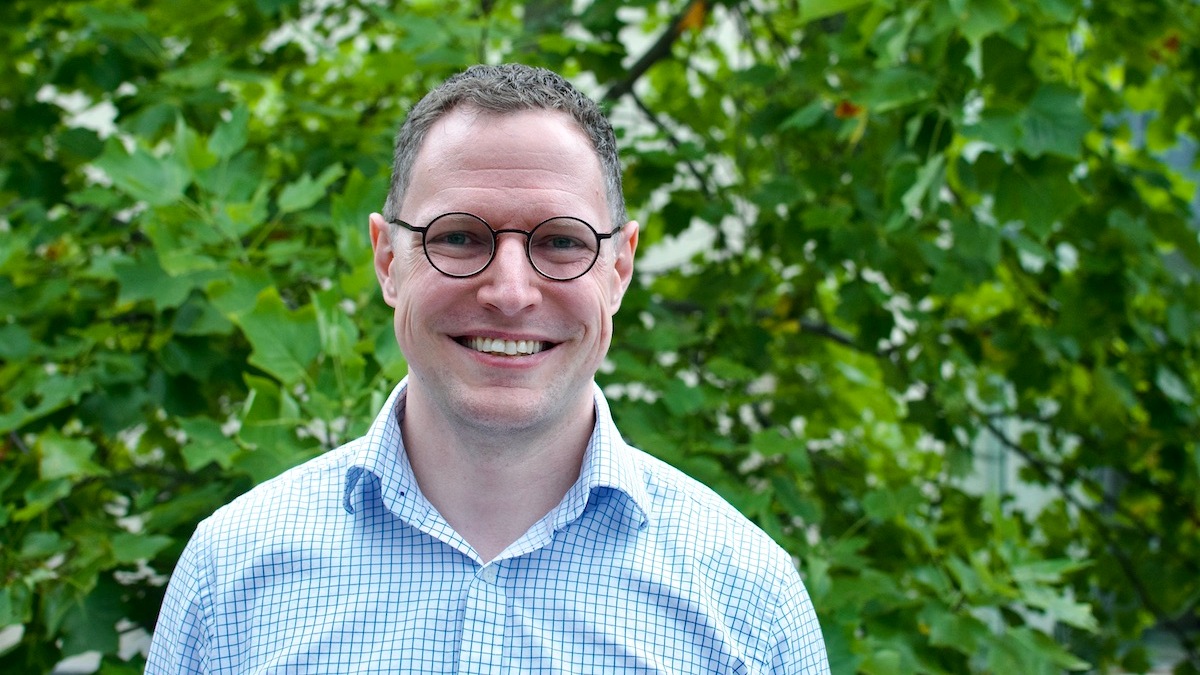Computational resources required for the most accurate quantum-chemical calculations grow rapidly with molecule size because of the difficulty of representing the full quantum-mechanical motion of electrons and nuclei. Quantum computers could solve this problem, allowing chemical simulations that are exponentially faster than what is possible currently.
I will present my group’s recent results that bring forward useful quantum computing for chemistry through orders-of-magnitude reductions in required quantum resources [1]. We have developed a new approach for performing fully non-adiabatic simulations of chemical dynamics using trapped-ion quantum computers by exploiting the motion of the trapped ions to represent the motion of the nuclei. Our experimental demonstrations have led to the first simulations of chemical reactions on a quantum computer [5], the best quantum simulation of spectroscopy to date [2], and the first direct observation of geometric-phase interference in dynamics around a conical intersection in any system [3]. These demonstrations pave the way for near-term demonstrations of quantum advantage with existing technology.
Our work indicates that chemistry on quantum computers will be fundamentally different from chemistry on conventional computers. On quantum computers, full quantum dynamics simulations will be easier than calculating single-point energies and simulating open quantum systems (such as reactions in solution) could be easier than simulating molecules in vacuum [4]. This indicates a complementarity between problems best solved classically and those better left to quantum computers.
- [1] MacDonell, Dickerson, Birch, Kumar, Edmunds, Biercuk, Hempel, Kassal, Chemical Science 12, 9794 (2021).
- [2] MacDonell, Navickas, Wohlers-Reichel, Valahu, Millican, Currington, Biercuk, Tan, Hempel, Kassal, Chemical Science 14, 9439 (2023).
- [3] Valahu, Olaya-Agudelo, MacDonell, Navickas, Rao, Millican, Pérez-Sánchez, Yuen-Zhou, Biercuk, Hempel, Tan, Kassal, Nature Chemistry 15, 1503 (2023).
- [4] Olaya-Agudelo, Stewart, Valahu, MacDonell, Millican, Matsos Scuccimarra, Tan, Kassal, arXiv:2407.17819 (2024).
- [5] Navickas, MacDonell, Valahu, Olaya-Agudelo, Scuccimarra, Millican, Matsos, Nourse, Rao, Biercuk, Hempel, Kassal, Tan, Journal of the American Chemical Society, 10.1021/jacs.5c03336 (2024).
Biography
Ivan Kassal is a Professor of Chemical Physics and ARC Future Fellow in the School of Chemistry at the University of Sydney.
He graduated from Stanford University and completed his PhD at Harvard University in 2010. He is a theorist working at the intersection of quantum science, chemistry, biophysics, and materials science. He pioneered some of the first applications of quantum computers to chemistry, showing they could dramatically accelerate difficult chemical calculations.
He has also unravelled ways that photosynthetic organisms use quantum effects to improve their light harvesting, and is using those lessons to better understand next-generation materials, especially organic solar cells.
He is a recipient of DECRA, Westpac, and Future fellowships, of the Australian Academy of Science Le Fèvre Medal for “outstanding basic research in chemistry” and of the Royal Australian Chemical Institute's Physical Chemistry Lectureship for “outstanding early- and mid-career physical chemists”.


